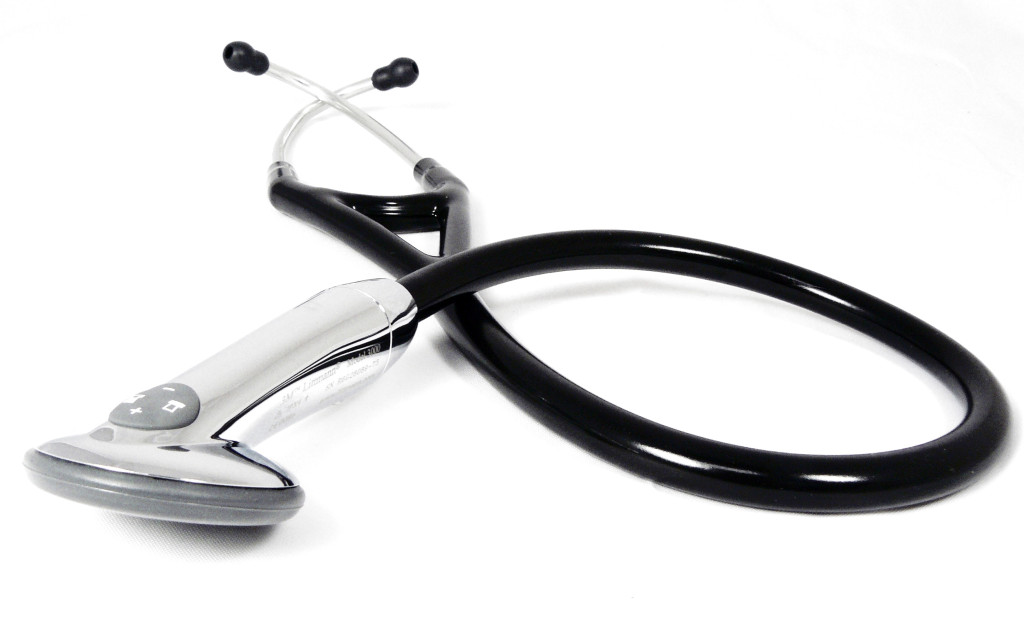Adaora Ukoh, a Gynaecologist with a private hospital in Asokoro, Abuja, on Monday said hormonal imbalance was the lead cause of the lack of ovulation in some women.
Ovulation is one part of the female menstrual cycle whereby a mature ovarian follicle (part of the ovary) discharges an egg (also known as an ovum, oocyte, or female gamete).
It is during this process that the egg travels down the fallopian tube where it may be met by sperm and become fertilised to become pregnancy.
Ukoh made this known in an interview with the News Agency of Nigeria in Abuja.
She said the lack of ovulation, which would make it difficult for pregnancy to occur, was caused by the failure of an egg to rupture from the ovary at mid cycle.
She explained that women who do not ovulate in each menstrual cycle may not go through menopause, noting that women with hormonal imbalance do not produce enough follicles to ensure the development of ovulate.
The physician, however, attributed weight loss, obesity, scarred ovaries and physical damage to the ovaries as factors that could lead to the lack of ovulation in women.
She added that infection, follicle problems, premature menopause, polycystic ovarian syndrome, as well as changes in hypothalamus and pituitary glands could also predispose women to the condition.
Ukoh also mentioned premature ovarian failure, hypothyroidism, hyperthyroidism and excessive exercise as causative factors of the lack of ovulation.
She noted that some infections, as well as poly-cystic ovarian syndrome were causative factors that could lead to the development of the condition.
The expert added that some medications used in treating inflammation, birth control pills, ovarian tumours, renal disease and liver disease could also cause ovulation malfunction.
She said estrogen dominance, the lack of progesterone and over production of male hormone such as testosterone could pose risk of developing the condition.
Ukoh said the treatment of the condition was firstly to identify or diagnose the causative factor of the disease.
According to her, it is possible to restore ovulation using appropriate medications.
She further mentioned the use of medications such as clomifene citrate, which could help in regulating estrogen, thereby increasing the production of gonadotrophins that could aid the treatment of the condition.
The medic stated that the use of gonadotropins could help to treat the condition, stressing that its administration at the time around ovulation could help in releasing the eggs.
She advised on the method of human menopausal gonadotropin and follicle stimulating hormone as measures that could help to treat the condition.
She suggested the use of some medications to reduce the risk of the condition caused by over production of male hormones by adrenal glands to treat the disease.
However, the physician enjoined women with the condition to change their lifestyle, adding that it was key in the treatment.


